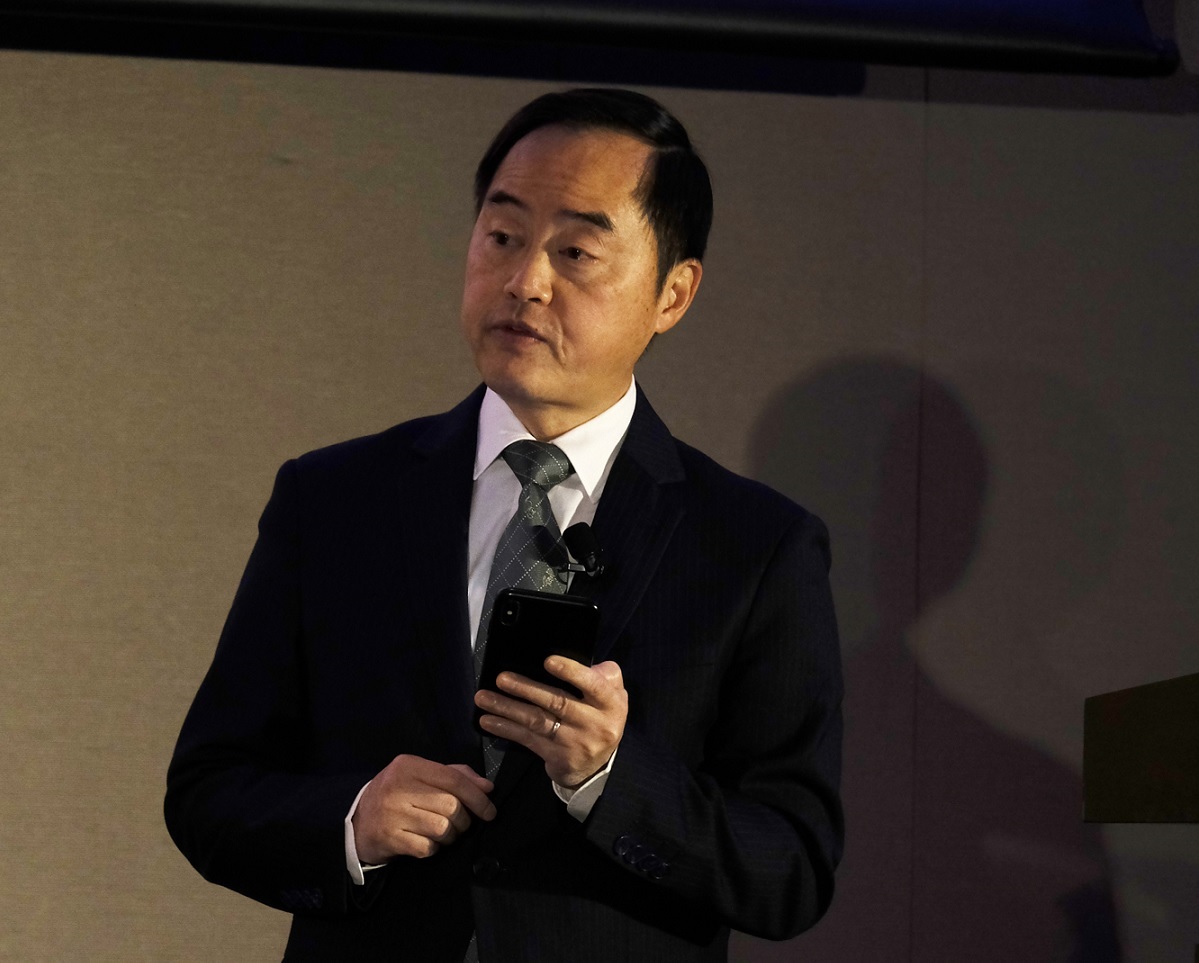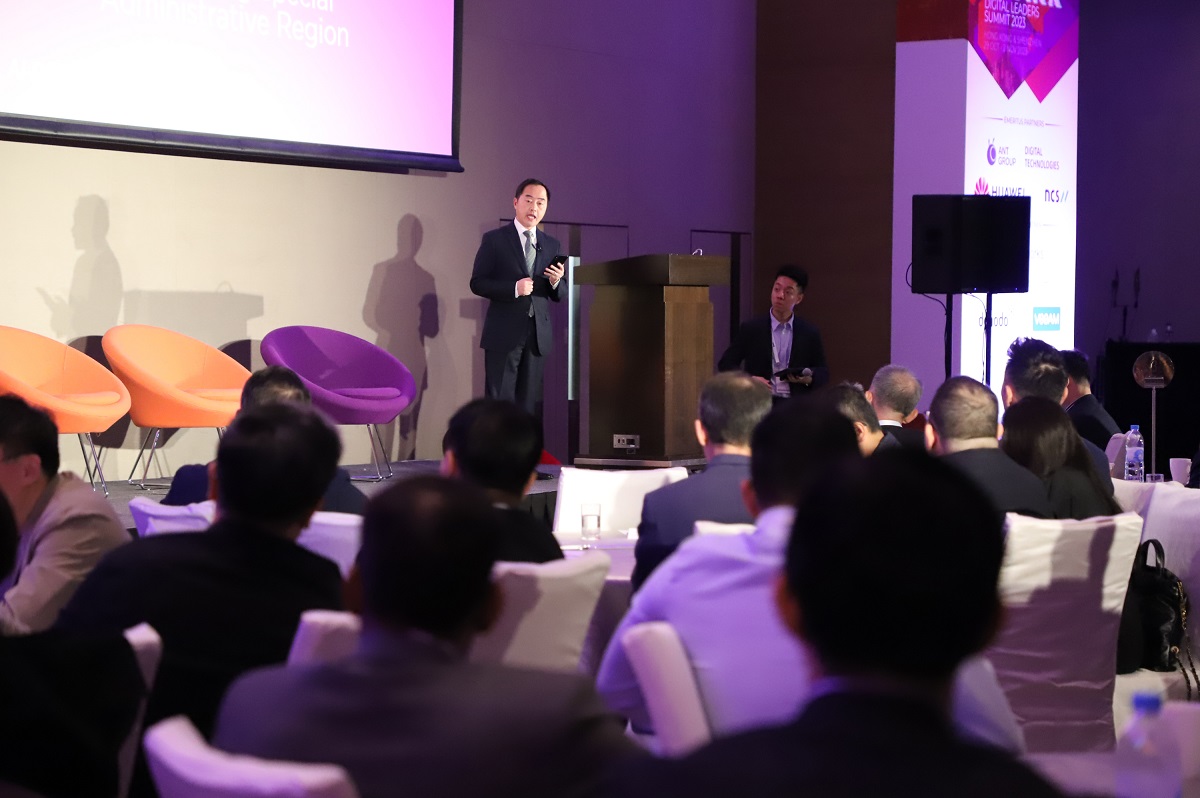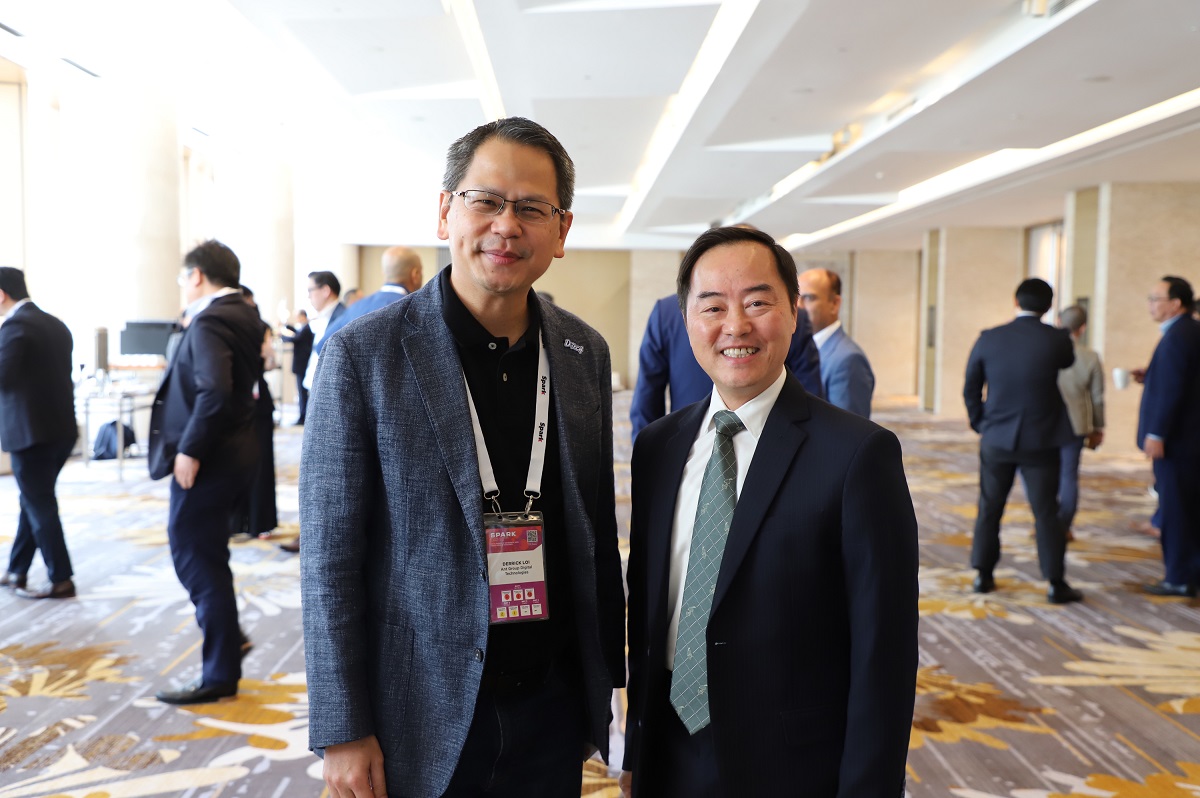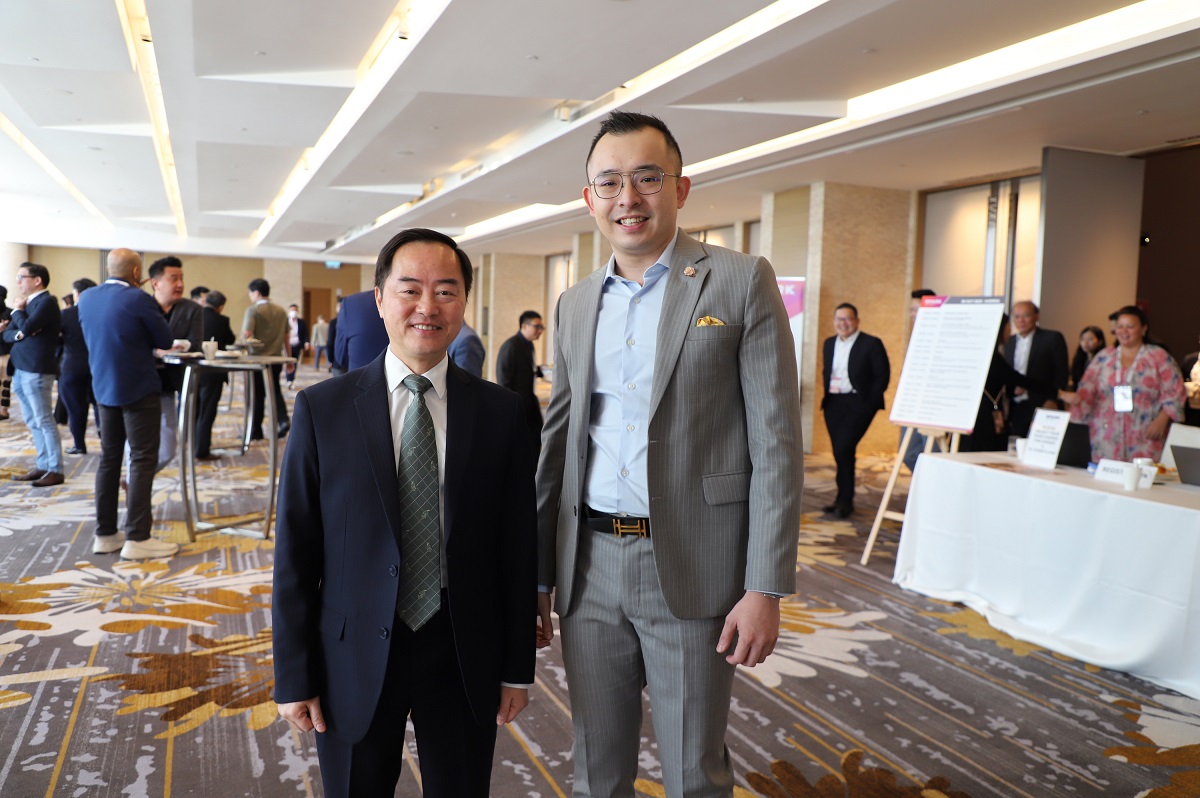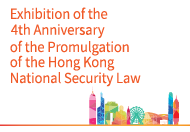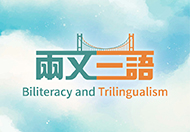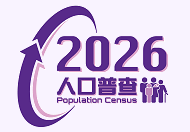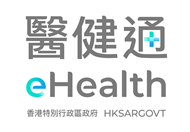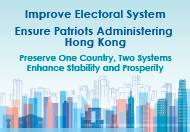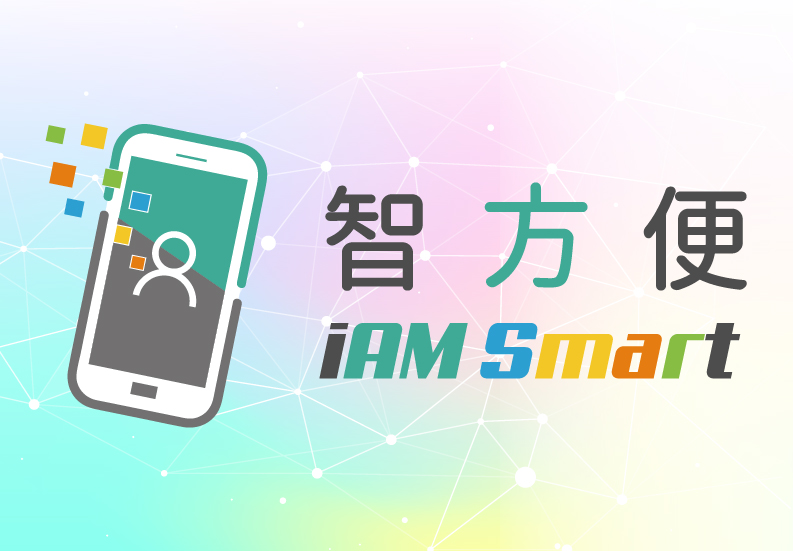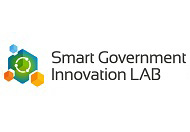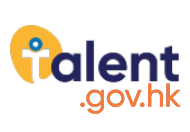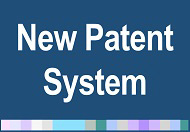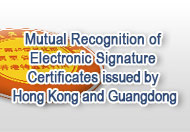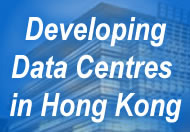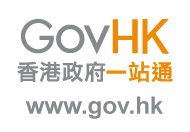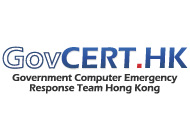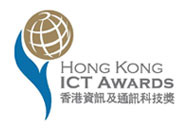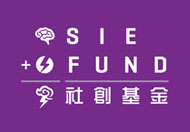Opening Remarks by Ir Tony Wong, JP, Government Chief Information Officer, at the “SPARK Digital Leaders Summit 2023 - Leading the Global Race Toward a Sustainable, AI-Driven Future” (with photos)
David (CEO, SPARK by CIO Academy Asia, Mr David CHIN), Mr Kiren Kumar (Deputy Chief Executive (Development), Infocomm Media Development Authority, Singapore, Mr Kiren Kumar), distinguished speakers, honorable guests,
Good morning! I am very much delighted to be at this year’s SPARK Digital Leaders Summit. I would like to welcome our honorable guests from Singapore, Malaysia, Indonesia, Thailand and Philippines who have travelled far to come to Hong Kong. Welcome to Hong Kong! I would also like to express our sincere thanks to SPARK, the Hong Kong Science and Technology Parks Corporation, the Hong Kong Computer Society, the International Youth Innovation and Entrepreneurship Association, the Vocational Training Council and the CIO Connect for curating such a comprehensive and enriching 4-day programme filled with thought-provoking presentations, interactive panel discussions and experiential company visits in Hong Kong and Shenzhen. The theme of this year’s Summit is “Leading the Global Race Toward a Sustainable, Artificial Intelligence (AI)-Driven Future”, which is certainly one of the hot topics of today’s technology world as we are all witnessing how AI and other cutting-edge technologies are redefining business operations and our daily lives. I am confident that this Summit will present us with a unique opportunity to delve deeper into how AI will continue to revolutionise industries, address societal challenges and contribute to a sustainable and inclusive future through our collective visionary leadership and global collaboration.
Indeed, the rapid advancement of AI has opened up new horizons for innovation and transformed various industries. By leveraging AI’s predictive analytical power, businesses can gather and analyse vast volume of data about consumer preferences and behaviors. This enables them to make informed strategic decisions, tailor their services and products to meet the specific needs of different customers, optimise their operations and improve overall business outcomes. The continuous evolution of AI, in particular the emergence of generative AI, promises even more exciting breakthroughs in areas such as content creation, natural language processing, computer vision, robotics and automation. These advancements are anticipated to unfold more sophisticated AI applications that can boost productivity, foster innovation across industries and provide the impetus for digital economy development.
The HKSAR Government well appreciates the tremendous potential of AI and is committed to leverage this powerful technology to enhance the efficiency and responsiveness in addressing societal challenges and delivering effective public services. Taking a search and rescue mission that took place earlier this month as an example, we deployed a drone to search for a missing teen, battling against the clock and extreme weather conditions. Over 10 000 pictures were taken in the vast area of our country park as large as a combination of 1 900 football fields covered in thick trees crisscrossed by running streams. We then employed AI photo analysis tools to identify features not shown on the map such as temporary shelters, water sources and areas with thicker foliage, which helped us strategise the potential trails of the missing teen. The scope of the search was significantly narrowed down and the teen was eventually found. The successful completion of this mission can be largely attributed to the good use of AI.
The HKSAR Government has also been leveraging AI to assist in other tasks such as identifying abnormal water flow and pressure data of water mains, detecting vehicles that are modified illegally to produce excessive noises, and automatically obscuring human faces and car plates for privacy protection during street view images collection. We have also developed the Traffic Data Analytics System adopting AI to analyse real-time as well as historical traffic and weather data, providing the public with useful open data such as real-time and predicted average traffic speed and journey time in order to facilitate their journey planning. Meanwhile, we have launched various functional chatbots leveraging AI technologies, which greatly enhance our citizens’ experience with government services, particularly in making enquiries.
My Office is also actively promoting the adoption of AI for public services enhancement through our Smart Government Innovation Lab, which is one of the venues that you will visit tomorrow. We launched the “Catch the Innovation Campaign: Innovative Application with AI” in June this year to invite proposals from government colleagues for innovative AI applications in their departments. We received an overwhelming response of 71 proposals and 10 of them were shortlisted for the second stage competition which involves a six-month proof-of-concept development in collaboration with our ICT industry. This is another example to demonstrate our commitment to harness the potential of AI to spearhead digital transformation of public services and foster a culture of innovation in the public sector.
To further promote the development of the AI industry in Hong Kong, we are also pursuing the development of an AI Supercomputing Centre in Hong Kong as a major strategic technology infrastructure to provide AI supercomputing services for local universities, research institutes, government departments and industry sectors, with a view to strengthening the local research and development (R&D) capabilities and advancing the AI industry ecosystem. In addition, the Government has launched the flagship project of “InnoHK Research Clusters”. So far, this project had led to the establishment of 28 laboratories focusing on health sciences, AI and robotics technologies, which are the results of collaboration between local universities and over 30 top-notch universities/research institutions around the world. Hong Kong’s world-class infrastructure, business-friendly environment and vibrant I&T ecosystem make it ideal for tech companies to expand their presence and develop new businesses. We have been making concerted efforts in reaching out and negotiating with representatives and high-potential enterprises in a range of strategic fields, including AI and data science, from around the globe. Around 30 of these strategic enterprises have set up or expanded their operations in Hong Kong and notably, 20 of them have recently signed up as our strategic partners. We stand ready to welcome more strategic enterprises to come to this vibrant city in the years ahead, bringing in their investment, innovation, technology and expertise.
AI undoubtedly presents immense opportunities for digital innovation. Nevertheless, it is also important for us to acknowledge that AI comes with its own challenges, such as ensuring content accuracy, addressing issues of liability and responsibility, protecting intellectual property rights, safeguarding information security and privacy, to name just a few. To this end, my Office formulated the Ethical AI Framework that seeks to provide government departments with a practice guidance in the implementation of projects that involve the use of AI, and in the identification and management of the potential risk of the relevant projects with a view to safeguarding stakeholders’ rights and interests while promoting responsible AI practices. We will remain open-minded and continue to closely monitor the future development and application of this technology, adapting and responding to new opportunities and challenges as they arise.
In closing, I wish you all a rewarding experience throughout this Summit with fruitful takeaways. Thank you.
- ENDS -






